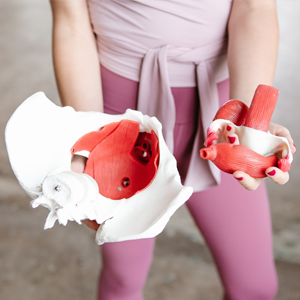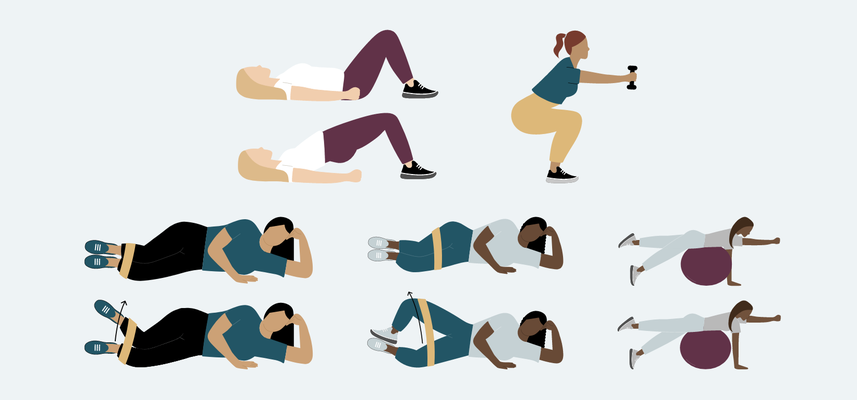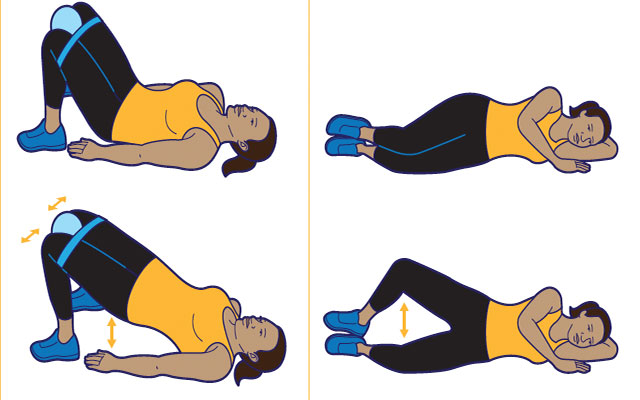What are the symptoms of weak pelvic floor muscles?
Weak pelvic floor muscles can cause a variety of symptoms. One of the most well-known symptoms is incontinence, which refers to the loss of bladder control and can cause urine leakage when coughing, sneezing, or exercising [1]. Pelvic floor dysfunction, or the inability to properly coordinate and relax pelvic floor muscles, can lead to difficulty with bowel movements, constipation, and straining during defecation [2][6]. Other symptoms of weak pelvic floor muscles include frequent urination, urgency to urinate, and incomplete emptying of the bladder or bowels [3][8]. Additionally, tight or weak pelvic floor muscles can cause pain or discomfort in the pelvic area and lower back [7].
Factors such as aging, pregnancy, and excess weight can contribute to weak pelvic floor muscles [5][8]. However, there are treatments available for pelvic floor dysfunction, including pelvic floor physical therapy, biofeedback, medications, muscle relaxers, and surgery [2][4][6]. Additionally, engaging in regular exercise, particularly resistance training, can help stimulate and strengthen pelvic floor muscles [5].
It is important to consult with a healthcare provider if you are experiencing symptoms of weak pelvic floor muscles, as they can recommend appropriate treatments and management strategies based on your individual needs.


































